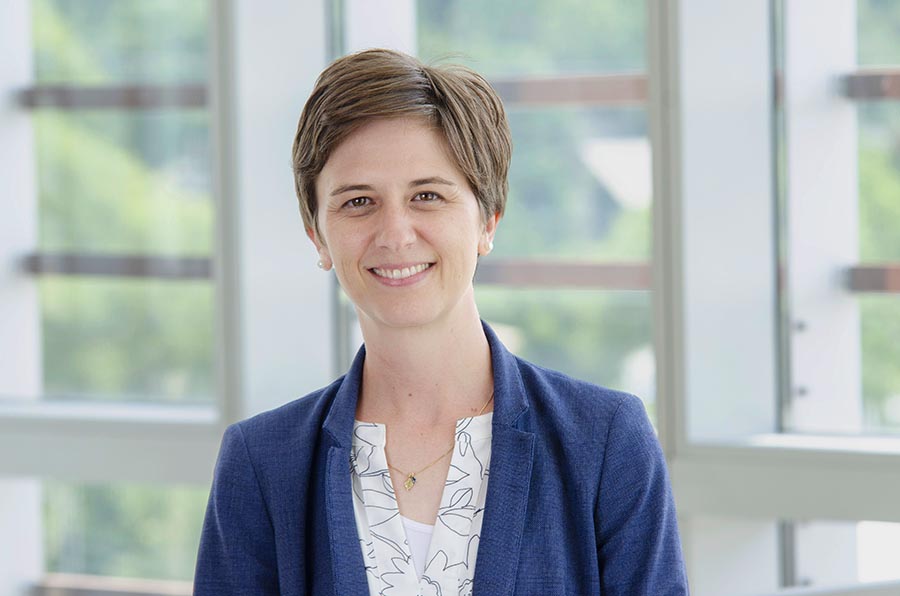Education
Lectures
Second-year medical students are presented lectures every fall by the Department of Otolaryngology – Head & Neck Surgery. After the lectures, students break out into small groups with our residents. Examples of topics that will be presented include: an overview of head and neck cancer, surgical aspects of thyroid cancer, hoarseness, dizziness and vertigo, ear disease, and surgical treatment of sleep apnea and rhinosinusitis.
Surgical Rotation
Third-year medical students may elect to spend one or two weeks in ear, nose and throat. Each student is assigned to a resident. Students report to Katie Geelan-Hansen, MD, prior to rotation. Every Monday at 7 a.m., students are expected to attend the head and neck tumor board.
Otolaryngology Clerkship
Fourth-year medical students may elect to spend an entire four-week period in otolaryngology, participating in medical and surgical activities, patient care, and, if desired, research projects. Monthly rotations are limited to four students at our primary clinical partner, Nebraska Medicine, and one or two students at the Omaha VA Medical Center by arrangement. One week of the clerkship may be spent at the VA ear, nose and throat clinic and operating room with the other three weeks at Nebraska Medicine.
Students will be closely involved with all facets of otolaryngology. Evaluation of patients, diagnostic considerations and management approaches are emphasized. They will participate in all activities of the department including clinical responsibilities, operations and formal teaching exercises. Students are expected to be present for both morning and evening rounds and all scheduled clinics and teaching conferences.
Patient care and responsibility during the elective will depend upon the available material as well as the student's interest and initiative. If a student is interested in a specific case, they should tell the resident who will assist them in its evaluation.
Fourth-year students may choose to spend elective time in otolaryngology off-campus. Opportunities should be discussed and arranged with the approval of the otolaryngology staff.
Contact Terri Lampe at 402-559-7828 with any questions.
Roadmap to Residency
It's recommended medical students who may be interested in a residency in otolaryngology follow these steps during their four years at UNMC.
- Contact Katie Geelan-Hansen, MD, assistant professor and director of medical student education (admin. LaShena Weaver).
- Set up job shadowing experience (contact Terri Lampe).
- Connect with a resident and begin a research project.
- Participate in ear, nose and throat interest group.
- Develop faculty mentor.
- Prepare curriculum vitae for specialty.
- Set up a meeting with residency program contacts (contact Terri Lampe).
- Set up job shadowing experience (contact Terri Lampe).
- Continue research.
- Participate in ear, nose and throat interest group.
- Develop faculty mentor.
- Prepare curriculum vitae for specialty.
- In the fall, meet with Department Chair Dwight Jones, MD, during third-year rotation (contact Stephanie Miller).
- During/after third-year rotation, request letters of recommendation.
- Participate in ear, nose and throat interest group.
- In the spring, finish research project.
- Review your personal statement with Christie Barnes, MD, or Elizabeth Bradford Bell, MD, (contact Amy Freking).
- Plan externship.
- Lead ear, nose and throat interest group.
- Retrieve letters of recommendation.
- Meet with Amy Freking prior to sub-internships/externships to gather contact information.
- Complete sub-internships/externships.
- In September, ERAS open for applications.
- From October to February complete resident interviews.
- February is the National Residency Match Program rank order list deadline.
- March: Match Day.

Katie Geelan-Hansen
Director of Medical Student Education
Admin: LaShena Weaver